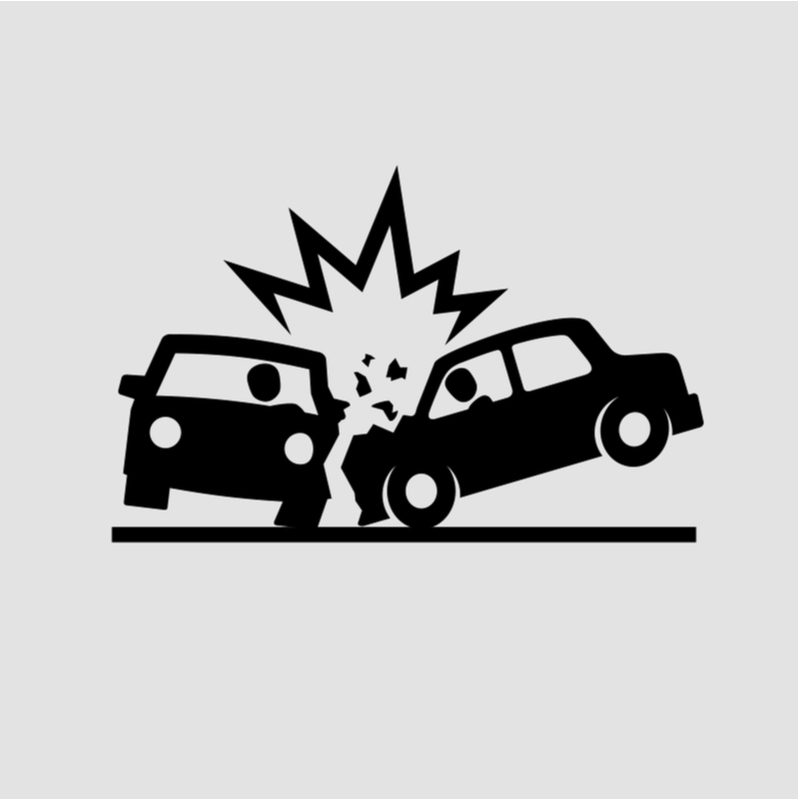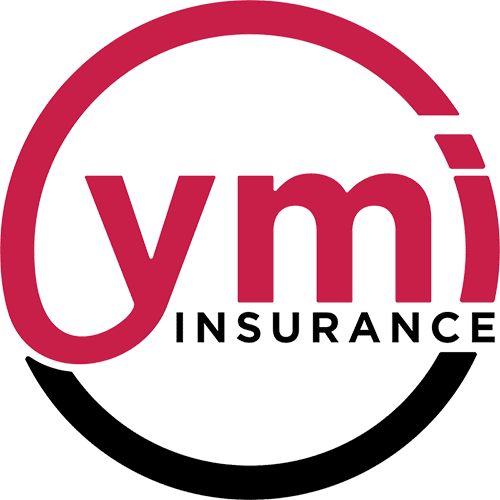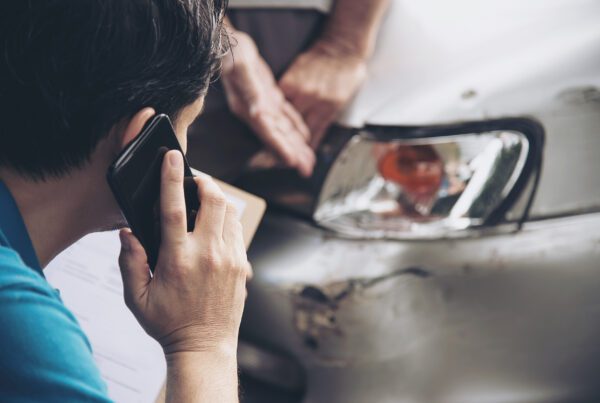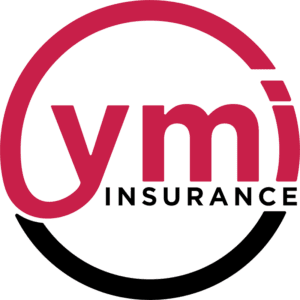
You’ve had an accident and your vehicle is in bad shape. After you report your claim, the insurance company sends out an adjuster. She will determine if it is worth paying out for the required repairs or paying you for the value of the vehicle at the time of the accident.
Is it a totaled vehicle?
If the cost of repairs exceeds the value, the insurer may tell you the car is “totaled,”. Before an accident occurs, it my be wise for you to learn how insurance companies determine the value of your vehicle.
When a vehicle is damaged in an accident, the insurance company is more interested in the cost to repair, rather than the overall amount of damage to it. If the repair costs exceed what the insurer considers the vehicle to be worth, it deems the vehicle to be totaled and the policyholder is paid the current value.
While most car owners are familiar with value guides like the “Kelley Blue Book“ and the “NADA Official Used Car Guide,” insurance companies generally have private databases that they use to estimate the value of a vehicle.
After assessing the damage to your vehicle, the insurer will make an offer which it feels is fair. The offer is meant to provide you the means to purchase a vehicle of the same style and condition as the one that was totaled. Insurance companies call this “making whole.”
For example, if you were driving a four-year-old pickup with 82,000 miles on it before the accident, your offer should provide you the money to purchase a similar truck with similar mileage.
What constitutes a fair payout?
As a policyholder, it is your right to make sure that the insurance company’s offer is fair and that you feel you have been made whole by the offer, like having been paid the right amount of funds to purchase a comparable vehicle.
Sometimes, the insurer and policyholder will disagree on what constitutes a fair payout and drivers must turn to outside sources to help their case. Car owners can hire an independent appraisal service or take their case before an arbitrator.
If you are considering having your car appraised, factor the cost of the service into the equation and see if it is still a cost-effective option. If you seek arbitration, keep in mind that there are binding and non-binding cases when arbitrating, and non-binding arbitration decisions can be appealed in court if you still consider the offer to be unfair.
In the majority of cases, offers are easily agreed upon and your vehicle heads off to a salvage operator.
You do have another option: to keep the vehicle and pay for all the repairs out of pocket, but that is usually a costly route to take.
Car owners who decide to keep their vehicle after it has been totaled will typically receive a smaller payout from their insurance company. The offer is reduced by the amount of your deductible and the estimated amount of profit that would have been made from the salvage process.
After it’s fixed, you may also have trouble finding an insurance company to cover the vehicle as it may not be deemed roadworthy. The vehicle will have a new title issued by the state, it is typically referred to as a Salvage Title (S-Title) which will prevent you from driving the vehicle until repairs are completed The vehicle then must be inspected and, if the repairs are approved, a Reconstructed Title (R-Title) is issued and the car may be driven.
Are there options?
Yes, several insurance carriers are offering coverage that, in case of a total loss, will provide you with the value of a car that is several years newer than the one that was totaled. Call our agency to speak with one of our licensed advisors. We can discuss the options available for you to have the coverage that best protects you and your family.




